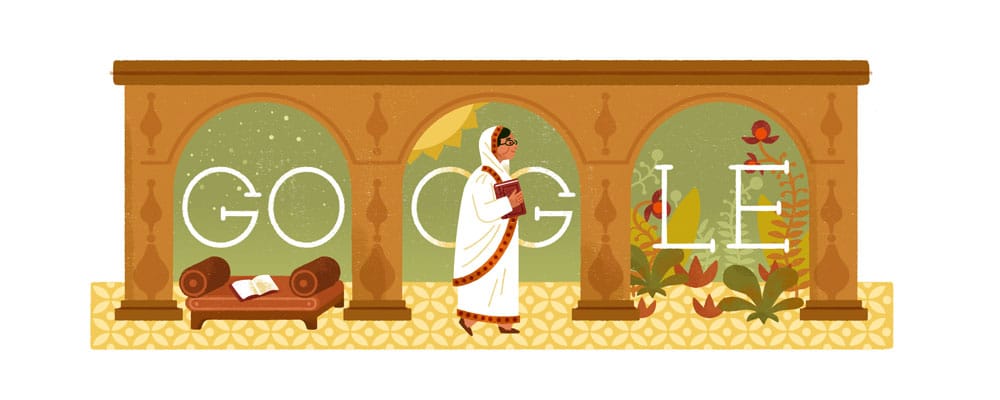Begum Rokeya: A Trailblazer in Women’s Empowerment

Begum Rokeya Sakhawat Hossain (9 December 1880 – 9 December 1932) was a pioneering Bengali feminist thinker, writer, educator, and social reformer from British India. This biography explores the life, career, legacy, and enduring impact of Begum Rokeya, who dedicated her life to challenging societal norms and advocating for women’s rights.
Life & Career
Begum Rokeya was born on 9 December 1880 into an upper-class Muslim family in Pairaband, British India (now Bangladesh). Her father, Zahiruddin Muhammad Abu Ali Saber, played a crucial role in her education, teaching her Arabic, Persian, English, and Bengali—a rare privilege for girls in that era. In 1898, Rokeya married Sakhawat Hossain, a Deputy Magistrate. Her marriage provided her with exposure to the stark gender disparities of the time, fueling her determination to address the educational and social constraints placed on women. Rokeya became a vocal advocate for women’s rights, pushing for education and equal opportunities. Rokeya’s commitment to women’s education led to the establishment of the Sakhawat Memorial Girls’ High School in 1909, breaking new ground in female education in British India. She also founded the Muslim Women’s Association in 1916, fostering a platform for women to discuss and address social issues.
Begum Rokeya was a prolific writer and an early advocate for women’s literary expression. In 1902, she wrote the seminal Bengali short story “Pipasha” (Thirst), challenging the prevailing norms. Her famous work, “Sultana’s Dream” (1905), presented an imaginative role reversal where women were the dominant gender, showcasing Rokeya’s visionary outlook on gender equality. Begum Rokeya Sakhawat Hossain passed away on 9 December 1932, on her 52nd birthday. Her legacy lives on through the institutions she founded and the countless lives she influenced. The annual Rokeya Day is observed in Bangladesh on December 9th to commemorate her contributions to women’s rights and education
Legacy and Awards
Rokeya’s legacy is deeply rooted in her relentless pursuit of gender equality. She remains an icon in the history of feminism, particularly in South Asia. Her writings and activism laid the groundwork for future generations of feminists and social reformers. While Begum Rokeya did not receive formal awards during her lifetime, her contributions have been posthumously recognized. In 1971, Bangladesh honored her with the Rokeya Padak, an award celebrating women who have made significant contributions to society. Begum Rokeya’s life was a testament to resilience and determination in the face of societal norms. Her unwavering commitment to women’s empowerment, education, and equality left an indelible mark on the course of history. Begum Rokeya’s legacy continues to inspire and guide those advocating for gender justice and societal transformation. On 9 December 2017, a Google Doodle was created to celebrate Begum Rokeya’s 137th Birthday.Begum Rokeya
Observer Voice is the one stop site for National, International news, Sports, Editor’s Choice, Art/culture contents, Quotes and much more. We also cover historical contents. Historical contents includes World History, Indian History, and what happened today. The website also covers Entertainment across the India and World.

